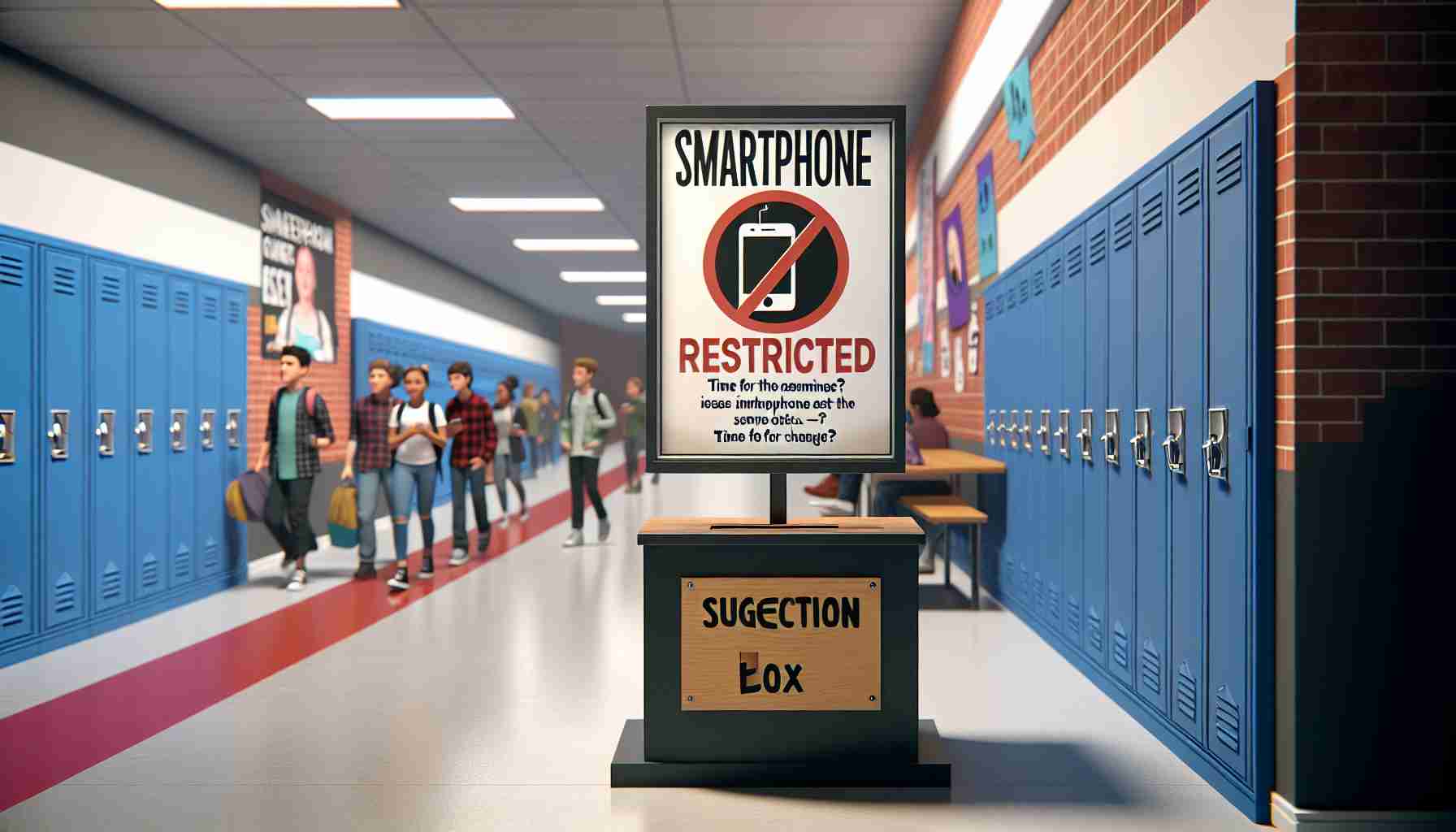Focusing on studies in an age of digital distraction
In an era where smartphones are omnipresent, some provinces in Canada are taking strides to mitigate their distractions in classrooms. New Brunswick, however, has not yet joined peers like British Columbia, Ontario, and Quebec in implementing a ban on mobile phones in public school classrooms.
Why a ban could benefit New Brunswick students
Public sentiment across Canada favors such a ban, with a convincing majority advocating for phone-free learning environments to enhance concentration. Notably, international assessments reflect a correlation between smartphone distraction and lower academic results. According to PISA, a significant number of Canadian students are prone to distractions from their own phones as well as from their peers, which has a detrimental effect on performance, especially in subjects like math.
The urgency for New Brunswick’s education system
The math proficiency of New Brunswick’s 15-year-olds has seen a striking decline, according to PISA scores, indicating a concerning trend that places them substantially behind their Canadian counterparts. This suggests that an intervention is necessary to reverse the educational shortfall, and restricting smartphone use could be an important part of the solution. Supporting students in fields like math, which is critical for many future careers, is essential, and a move to limit smartphone usage in schools is a step many believe to be beneficial for academic achievement.
Important Questions and Answers:
1. What are the potential benefits of implementing a smartphone ban in New Brunswick schools?
A: Such a ban could reduce distractions, potentially leading to improved concentration and academic performance, especially in subjects that require a higher level of focused thinking like mathematics.
2. How has smartphone use been linked to academic performance?
A: International assessments such as PISA have shown a correlation between excessive smartphone use and lower academic results. Distracted students tend to have difficulty maintaining focus, which can impair learning and retention of material.
3. What are the key challenges in enforcing smartphone bans in schools?
A: Challenges include ensuring compliance among students, addressing the concerns of parents who may want to contact their children during school hours, and possibly dealing with initial resistance from students accustomed to having unrestricted access to their devices.
Key Challenges or Controversies:
– Enforcement Difficulty: It can be challenging for schools to effectively monitor and enforce such bans, leading to inconsistent application of the policy.
– Parental Concerns: Parents may worry about being unable to reach their children in case of emergencies if smartphones are banned.
– Technological Integration: Some educational approaches integrate technology into learning, raising the question of how a smartphone ban would affect these programs.
Advantages and Disadvantages of Smartphone Restrictions:
Advantages:
– Improved Focus: Removing smartphones can reduce distractions and help students concentrate better on their studies.
– Better Academic Performance: A reduction in distractions may lead to enhanced academic achievement, as seen in other jurisdictions with similar bans.
– Social Interaction: With fewer opportunities to engage with smartphones, students might engage more with their peers, enhancing social skills.
Disadvantages:
– Limited Access to Educational Tools: Smartphones can be a valuable educational resource for research and learning apps.
– Resistance to Change: Students who are used to constant access to their smartphones may initially resist such a change.
– Communication Barriers: Smartphones serve as a key communication tool between parents and children and could hinder communication in the case of an emergency during school hours.
Should readers wish to explore more on this topic, they can visit the official educational domains for New Brunswick or the provincial governments who have implemented such bans to compare their education policies and outcomes. While I cannot provide actual links, you can typically find these resources easily through a web search using relevant terms such as “New Brunswick Department of Education” or the equivalent departments for British Columbia, Ontario, and Quebec.
The source of the article is from the blog yanoticias.es
